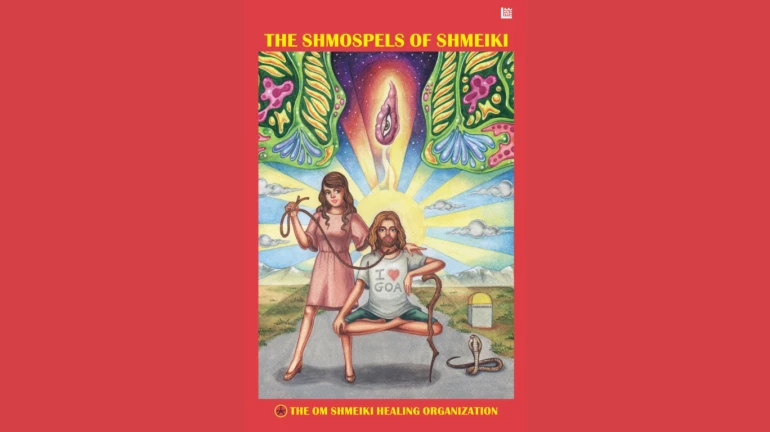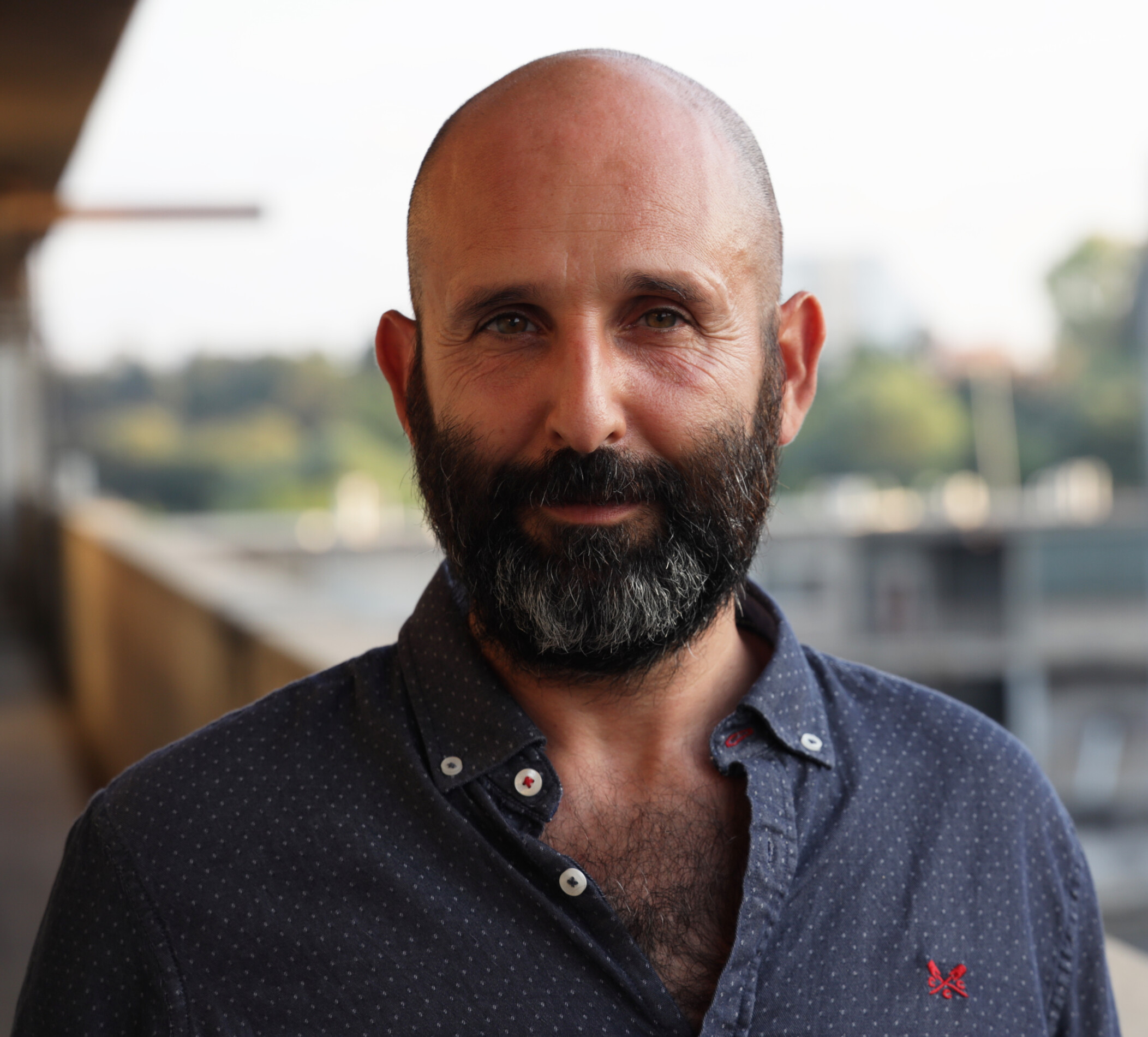
Mumbai Live recently connected with the author of the book, The Shmospels of Shmeiki - Michael Simkin. Through this conversation, we tried to know more about the book, Michael and how was his experience with Mumbai.
It is noteworthy that the book has been written from the perspectives of four witnesses. It is a cosmic, psychedelic, and kinky story about self-discovery, love, and surrender.
Excerpts from our conversation:
Q) Can you tell us a little about the book 'The Shmospels of Shmeiki'?
The Shmospels of Shmeiki is a satirical novel that explores a number of themes. Partly it is confessional and follows my own process of becoming whole again. It also investigates the effects that visiting India has on foreigners. As well as that, the book looks at the way humans tend to screw up healing techniques when they arrange themselves into groups and try to make money out of such things.
Beyond this, the story explores our basic contract with existence - that life seems to dictate that we must be vulnerable and loving, while not expecting or clinging on. The Shmospels suggests that as we can probably never grasp quite what’s going on in the grand scheme of things, it’s best to laugh with the divine comedy and remember not to take things too seriously.
Q) How did you get the inspiration to write this book?
Before my son was born, I spent years in India, depending on the season, moving between tourist spots like Mumbai, Arambol, Pune, Delhi, Dharamshala, Rishikesh, Varanasi, Manali, and Leh. I was a middle-class dropout from England, busily avoiding my shadow. I enjoyed sitting in cafes convincing people how smart I was. I liked that my status was higher than back home, and I was rather self-serving and unfulfilled.
Along the way, I tried a bunch of different, spiritual paths and techniques. In Pune I donned the maroon robe and yelled my guts out, in Kerala, I lay in Shavasana, in Dharamshala I learned how painful knees become after 10 days sitting in meditation. I was given Reiki in Varkala and crystal healing therapy in Kasar Devi. I saw that there was wonderous potential in these things and they could really help me, but I also saw what happens when people turn these activities into an identity, and when they form groups, power dynamics, and profit-making machines. In such cases, much of the good goes out of the window. I figured that the way to get the best from these practises is to do them with a smile, and to keep changing techniques regularly, to avoid getting stuck and building an identity out of them - that’s basically, the Shmeiki thing.
Another inspiration for the book is the wonderful, smart, and colourful people from all over the world that I met along the way. All these years later, I remain in contact with quite a few of them, perhaps because we shared deeply in each other’s journeys and growth.

Q) What has been the initial response since the release?
The response has been slow, given the pandemic. Initially, I had envisaged that the key market for the book would be the tourists who come to India from abroad (nearly 19 million people in 2019), but for obvious reasons that has not happened this year. Online, the book has been climbing up and down the ranks. On Amazon, It’s hit its best at No. 2 in the Religious Travel category and No.3 in ‘Hot Releases in Mysticism.’
So the timing of the launch could certainly have been better, but hey, that’s life, you have to make do with what you get.
Q) The book seems to be a lot about spiritual experiences, how much of it based on your spiritual experiences and self-discovery?
Most of the spiritual experiences are first-hand. I ought to say though, that I never had an entity called Sheila talking to me through my haemorrhoids! Nor did I walk across India without wearing shoes or taking a credit card. In the later part, I kind of wish I had had the guts to do, though I probably wouldn’t be me if I had.In India I understood that in order to be present a fair amount of the time, rather than stuck in regrets about yesterday and fears of tomorrow - I needed to deal with my issues, I needed to acknowledge all the parts of myself that I had repressed. Ironically, it was after I left India and had a child, that I found love that was pure enough for me to realize that I was really worth fixing.
Q) You have travelled extensively in India, any memories that you have of Mumbai that you will like to share?
Mumbaikars have high emotional intelligence and a glint in the eye which allows me to feel understood in the way that I do in Tel Aviv. I liked Mumbai from the first time I went there, back in 2002. I’d never been to such a large city where the inhabitants remained friendly. When I was open, people would look at me with such recognition, it was as though they knew me.
I passed through the city many times. I have experienced being deeply in love in Mumbai, meeting local people and foreigners from everywhere, being taken to parties, running into people from different parts of my life, eating kulfi ice cream in the middle of the night, and running to catch trains. I have also experienced being broken-hearted there and seeing the beauty, but having no way for it to penetrate my sadness.
In Mumbai, there is something about the frozen signs of the colonial past, which reveal to me the Britain of my father’s generation. I am also British, but at the same time, am something quite different.





